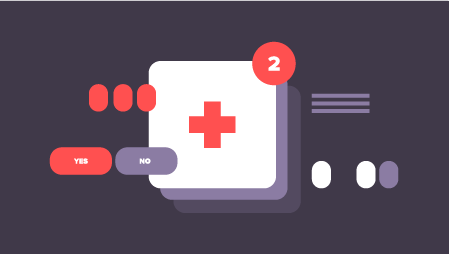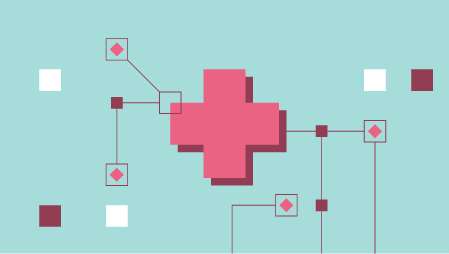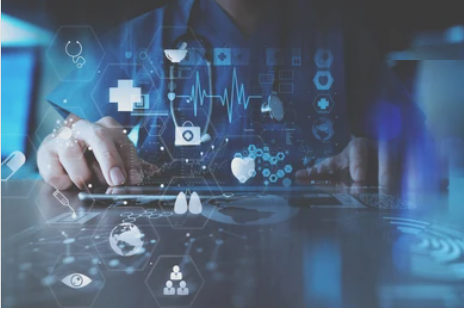Need training for Healthcare Analytics? Browse courses developed by industry thought leaders and Experfy in Harvard Innovation Lab.
Few American industries are as primed to be revolutionized by Big Data as healthcare. According to the Commonwealth Fund, the US spends over $9,000 per capita on health care—approximately $3 trillion—and health care accounts for over 17% of US GDP. This is happening at a time when the US population is aging considerably and baby boomers are retiring so the demands on the health care system will only grow over time. Just as importantly, drug development costs have never been higher. According to a 2014 report by the Tufts Center for the Study of Drug Development, the cost of developing a prescription drug that wins market approval is $2.6 billion—a figure that includes average costs to the firm of $1.4 billion along with an estimated $1.2 billion in returns foregone by investors during the 10 year development cycle of the drug. Something must be done and one of those things will be to leverage Big Data. Here is how Big Data will change health care:
Personalization
Just as it is doing in marketing, Big Data will facilitate an unprecedented degree of personalization in the health care arena. The data that is being gathered on each person’s specific genetic makeup will allow for the development of treatments that are specific to you as an individual. That is the real payoff from the Human Genome Project and other related initiatives. It is also why more and more companies from Fitbit to Apple with its new Apple Watch and healthcare alliance with IBM are entering the wearables space. The data that these devices gather can be used by health care actors to better target health care.
The Blockbuster Drug Era is Over
As the numbers above demonstrate, blockbuster drugs are incredibly costly and risky to develop. Pharmaceutical firms can no longer continue to waste so much money on efforts that so inconsistently yield financial and health care benefits. Moreover, increased competition from generics has reduced the window of time to make money from blockbusters. In addition, the focus on blockbusters has led to underinvestment in drugs like those for dengue fever in the developing world for which a focus on development has long been perceived as unprofitable because they are not perceived as offering the outsized profits required under the blockbuster drug model. As it has done in entertainment, Big Data will facilitate a move to a long tail model whereby resources can be targeted so cost effectively that it will be possible to make a substantial profit from addressing far more health care needs on a global basis. Health care can thereby return to its core mission: helping people. Specifically, pharmaceutical firms have tons of scientific, clinical, and patient data inside their walls with regards to which research paths are most effective. By using Big Data techniques such as predictive modeling, they will be able to discern far more quickly which drug candidates have the highest probability of success and substantially lower their drug development costs through more effective staffing and reduced time to market.
Prevention over Treatment
As the saying goes, an ounce of prevention is worth a pound of cure. Given the immensity of health care costs, this is particularly true in the US health care system. By using Big Data, patients themselves will be able to engage in early detection of potential illnesses and intervene more effectively in the management of their own health so as to reduce the need to visit the doctor. Knowledge really is power and by granting consumers precise information about their health before they become seriously ill, Big Data—delivered through wearables, integrated health records, and more–will make it possible for them to reduce costly expenditures on drugs and hospital care. In a limited but important sense, we can become our own doctors.
For specific use-cases on how Big Data will revolutionize health care and the life sciences, please see Experfy’s practice areas on Health Analytics and Life Sciences Analytics, along with actual projects that are underway.



